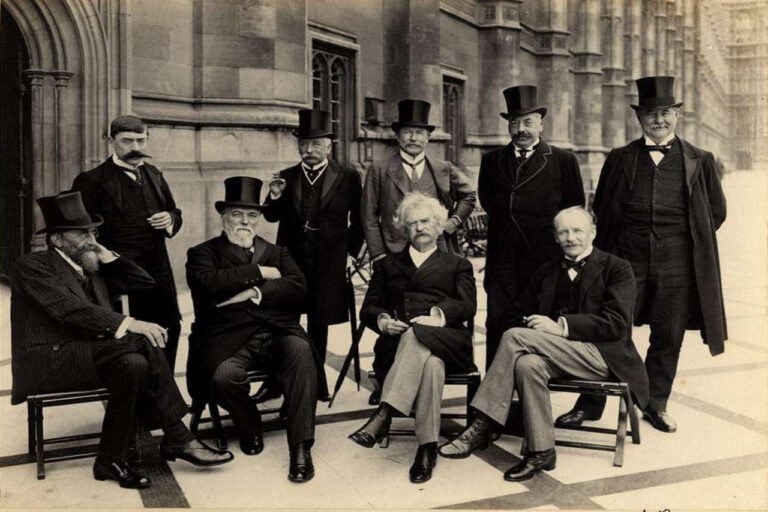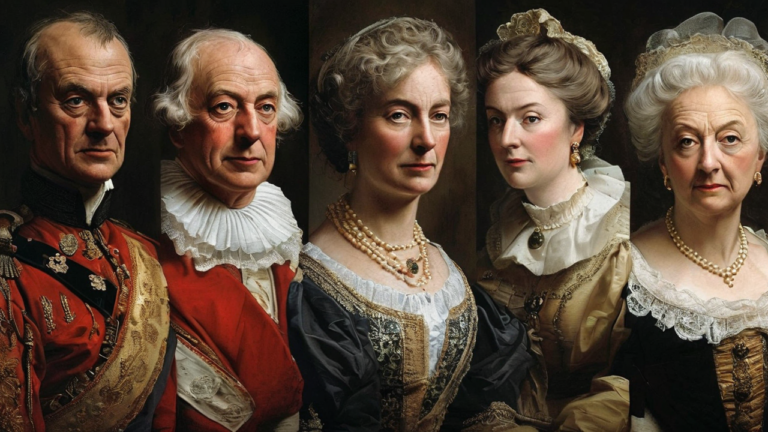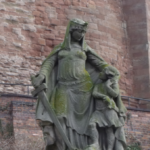Britain’s military history is rich with exceptional leaders who have left an irremovable mark on worldwide conflicts and strategic thought. From the Age of Sail to the World Wars, these commanders not only formed the outcomes of battles but also impacted worldwide politics. Their techniques, leadership, and capacity to motivate their troops in the darkest times have carved them into history as symbols of military greatness. This article explores a few of Britain’s most noteworthy military commanders and strategists, analyzing their achievements, administration styles, and the enduring legacy they left behind.
The Historical Impact of British Military Leadership
British military commanders have played pivotal roles in shaping not just British history but global events. Whether it was defeating Napoleon, standing firm against Nazi aggression, or commanding vast colonial campaigns, these leaders demonstrated the strategic prowess that has kept Britain at the forefront of world affairs for centuries. British military culture has always emphasized discipline, innovation, and the capacity to adapt to new challenges, allowing these commanders to stand the test of time.
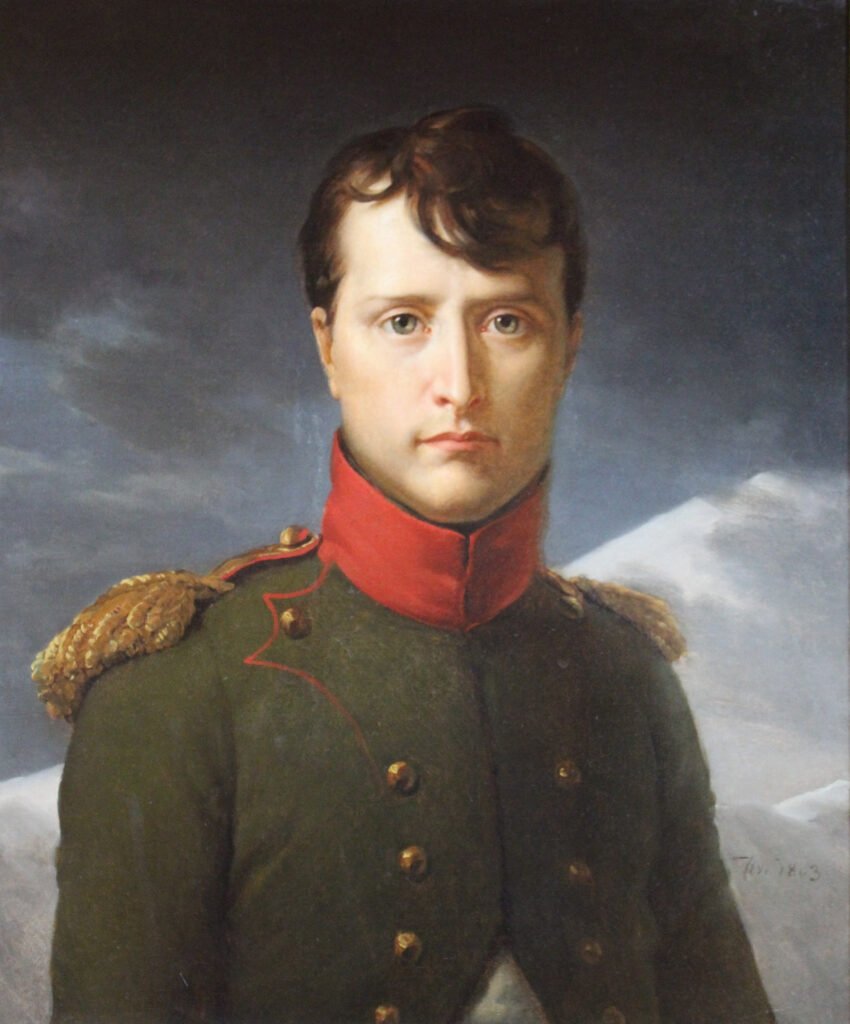
Sir Winston Churchill – The Resolute Leader in World War II
Winston Churchill is one of the most prevalent British commanders of the 20th century, prominent for his relentless soul during World War II. His command as Prime Minister during Britain’s darkest hours is exceptional. However, Churchill was also an impressive military strategist, coordinating Britain through noteworthy conflicts with his significant understanding of both political and military techniques.
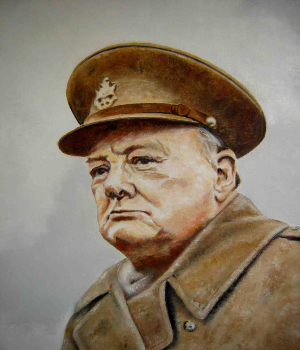
Churchill’s Strategic Vision
Churchill’s foresight in preparing Britain for the long war was key to Allied success. His emphasis on maintaining British morale, coupled with his strategic alliances with the United States and Soviet Union, demonstrated his mastery in balancing diplomacy and military needs.
Key Battles and Decisions Under Churchill’s Leadership
From the Dunkirk evacuation to the D-Day invasion, Churchill’s strategic decisions were pivotal. His speeches inspired resilience in a time of despair, while his collaboration with military leaders ensured Britain’s readiness to strike back.

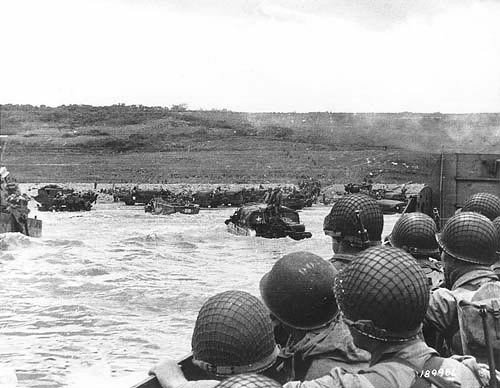
Books and Sources on Churchill’s Military Strategies
- Churchill: Walking with Destiny by Andrew Roberts
- Churchill’s Ministry of Ungentlemanly Warfare by Giles Milton
- The Second World War by Winston Churchill
The Duke of Wellington – The Conqueror of Napoleon
Arthur Wellesley, the 1st Duke of Wellington, is celebrated for his definitive part in defeating Napoleon at the Battle of Waterloo. His military career, marked by strategic brilliance and meticulous planning, showcases the epitome of military administration.
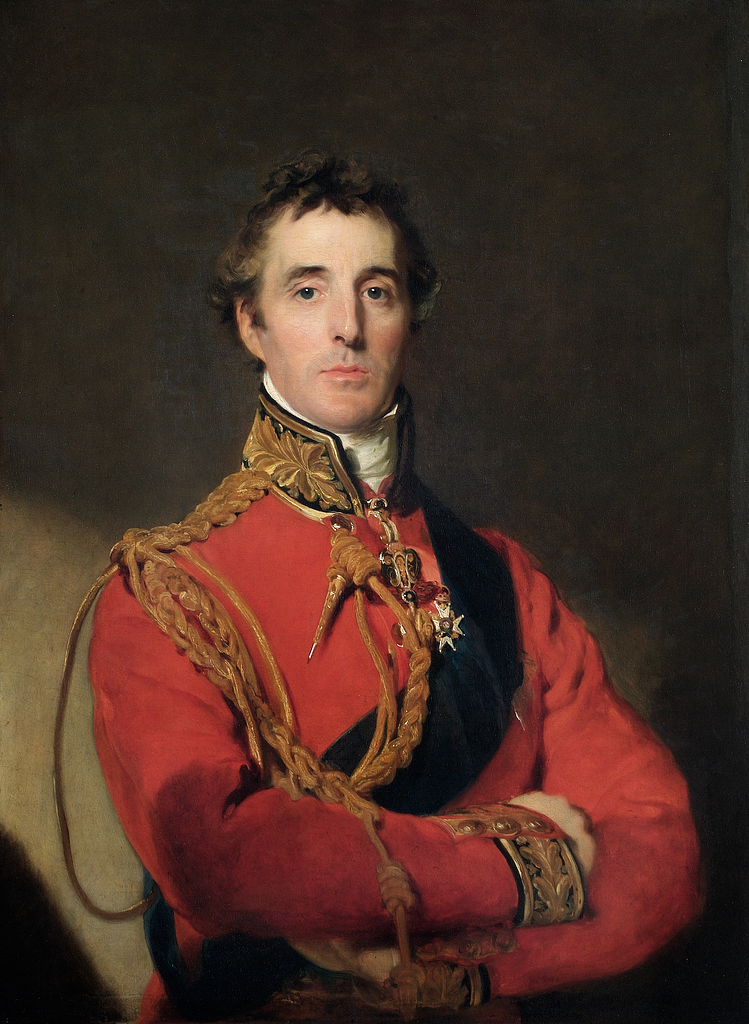
Early Military Career and Rise to Prominence
Wellington’s career began in India, where his success in numerous battles earned him recognition. His ability to adapt to varying terrains and conditions set the stage for his later victories in Europe.
The Battle of Waterloo: A Decisive Victory
Waterloo remains one of the most studied battles in history, where Wellington’s defensive tactics and coordination with Prussian forces led to the downfall of Napoleon. His ability to remain calm under pressure and anticipate his opponent’s moves were key factors.

Books and Sources on the Duke of Wellington
- Wellington: The Path to Victory 1769–1814 by Rory Muir
- The Battle of Waterloo by Jeremy Black
- Wellington: The Iron Duke by Richard Holmes
Admiral Horatio Nelson – The Master of Naval Warfare
Admiral Nelson’s legacy is interlaced with Britain’s dominance at the ocean during the Napoleonic Wars. Known for his charismatic leadership and audacious strategies, Nelson’s most celebrated triumph at the Battle of Trafalgar cemented his status as Britain’s most prominent naval hero.
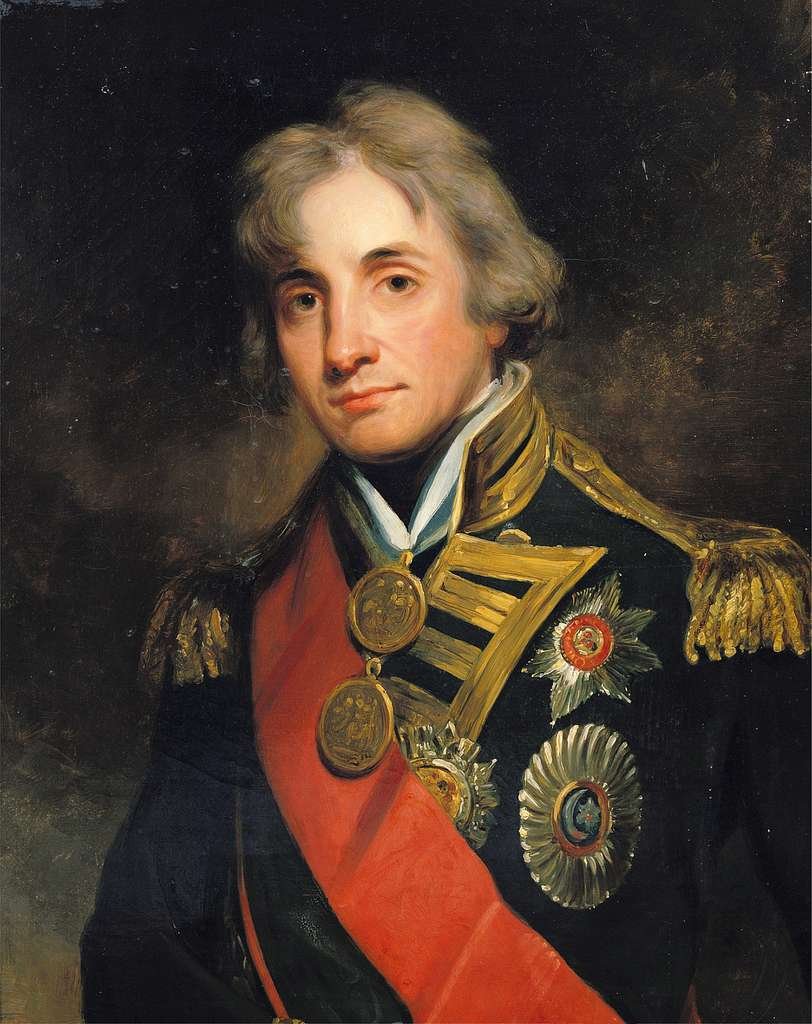
Early Naval Career and Character Development
Nelson’s career was marked by rapid promotions and a series of daring engagements. His ability to inspire loyalty and courage among his men became his hallmark, turning the Royal Navy into a formidable force.
The Battle of Trafalgar: A Defining Moment in European History
At Trafalgar, Nelson’s unconventional strategies, such as breaking the foe line, led to a definitive triumph against the combined French and Spanish fleets. His famous signal, “England expects that every man will do his duty,” remains a symbol of British resolve.
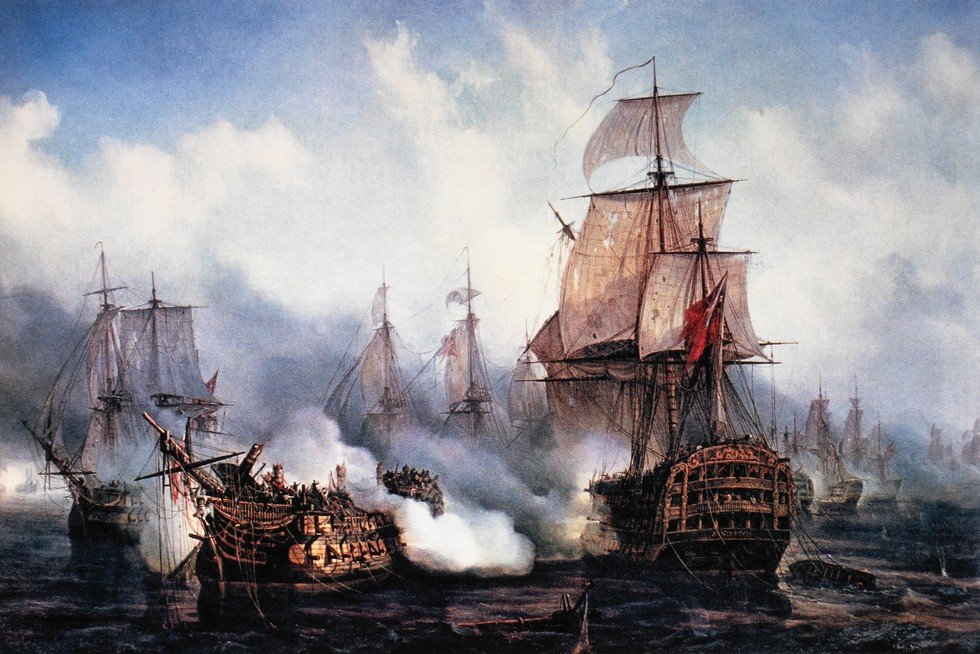
Books and Sources on Nelson’s Naval Strategies
- Nelson: The Sword of Albion by John Sugden
- Nelson’s Trafalgar by Roy Adkins
- The Pursuit of Victory: The Life and Achievement of Horatio Nelson by Roger Knight
Field Marshal Bernard Montgomery – The Hero of El Alamein
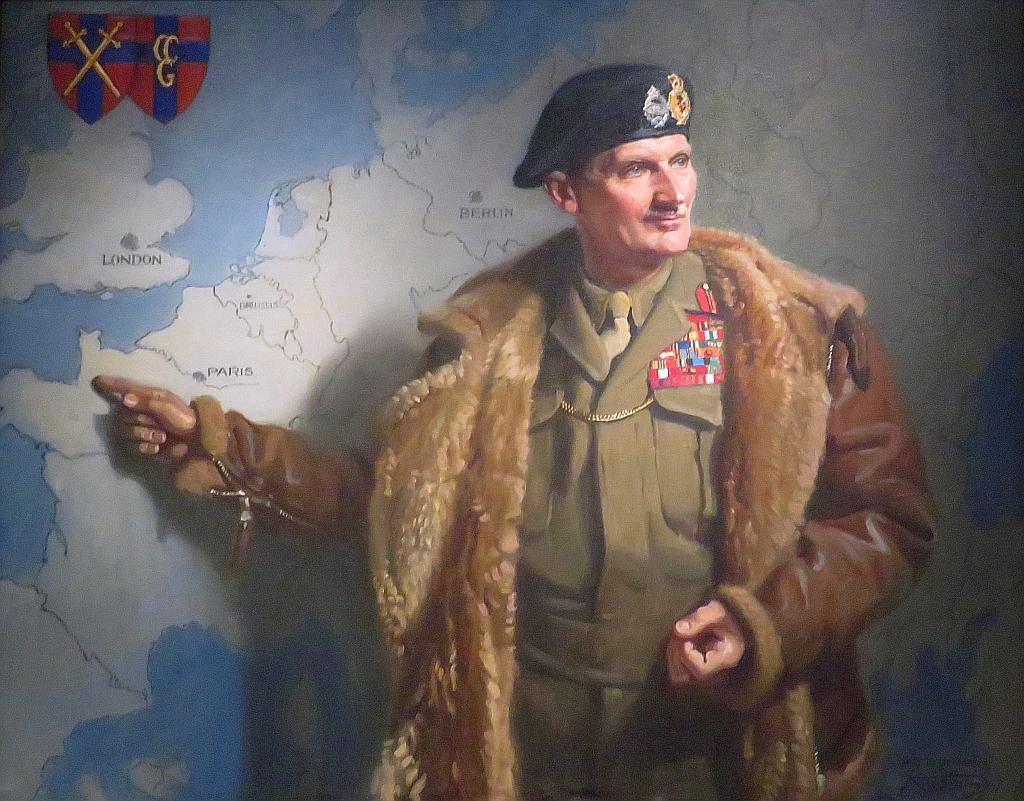
Field Marshal Bernard Montgomery, known essentially as “Monty,” was a key figure in Britain’s triumph during World War II, particularly in North Africa. His administration during the Fight of El Alamein turned the tide against the Axis powers.
Montgomery’s Leadership Style and Approach
Montgomery was known for his meticulous planning and insistence on morale. His approach was methodical, ensuring that his forces were well-prepared before engaging the enemy. This attention to detail made him a respected figure among his troops.
Turning the Tide in North Africa: The Battle of El Alamein
El Alamein marked a significant turning point in the war. Montgomery’s technique to cut off Rommel’s supply lines and utilize superior firepower effectively disabled the Afrika Korps, leading to a decisive United triumph.
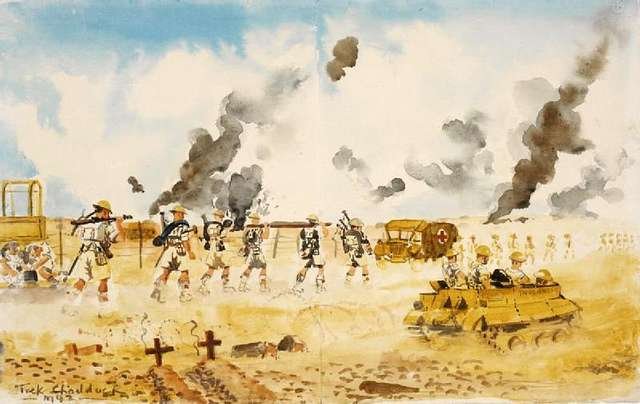
Books and Sources on Montgomery’s Military Campaigns
- Montgomery: D-Day Commander by Nigel Hamilton
- The Memoirs of Field Marshal Montgomery by Bernard Montgomery
- Monty: The Battles of Field Marshal Bernard Montgomery by Nigel Hamilton
General Sir Arthur Wellesley – The Peninsula War Genius
Often overshadowed by his later title as Duke of Wellington, Sir Arthur Wellesley was instrumental in the Peninsular War against Napoleon. His campaigns in Spain and Portugal showcased his adaptability and tactical innovation.
The Role in the Peninsular War Against Napoleon
Wellesley’s strategies in the Peninsular War involved guerrilla tactics, coordination with local forces, and logistical mastery. These campaigns gradually weakened Napoleon’s grip on Europe.
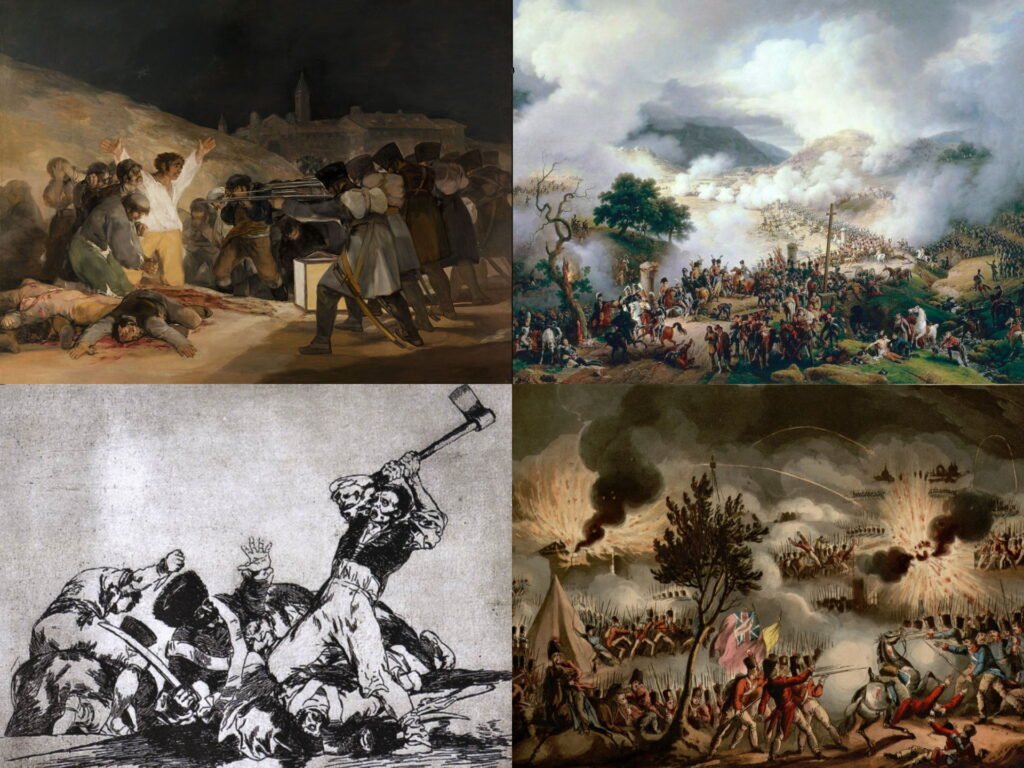
Tactical Brilliance: Guerrilla Warfare and Logistics
Wellesley’s use of hit-and-run tactics and his focus on supply lines demonstrated his ability to adapt traditional strategies to the challenging environments of the Iberian Peninsula.
Books and Sources on Wellesley’s Strategies
- Wellington’s Peninsular War by Julian Paget
- The Peninsular War Atlas by Nick Lipscombe
- Wellington and the Siege of Badajoz 1812 by Ian Fletcher
Sir John Moore – The Father of the Light Infantry
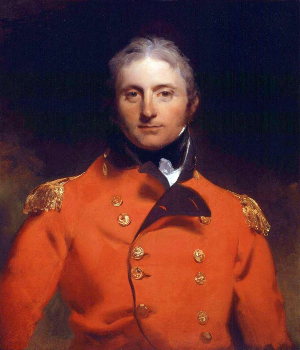
General Sir John Moore is best known for revolutionizing the British Army’s training and tactics, particularly through the formation of the Light Infantry. His legacy lies not only in his military campaigns but in the lasting impact of his training methods.
Revolutionary Training and Tactics
Moore’s focus on speed, flexibility, and marksmanship transformed the British Army. His training at Shorncliffe Camp laid the groundwork for modern light infantry tactics.
The Retreat to Corunna and Its Legacy
Moore’s strategic retreat to Corunna, despite being outnumbered, showcased his skill in maintaining discipline under pressure. Though he died in the battle, his leadership during the retreat is still admired.
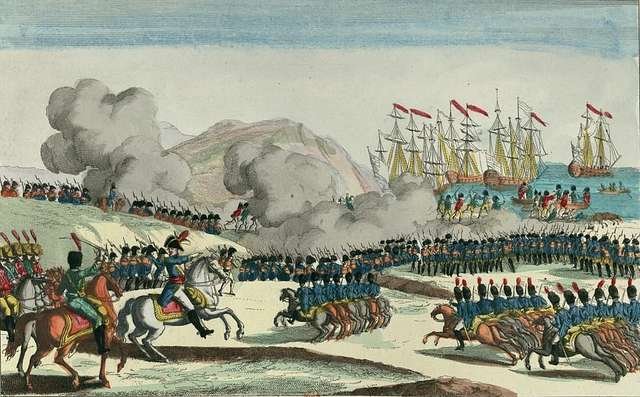
Books and Sources on Sir John Moore
- The Life and Letters of Sir John Moore by Edward Moore
- John Moore: The Forgotten General by Janet Macdonald
- The Battle of Corunna by Christopher Hibbert
Admiral John Jellicoe – The Commander at the Battle of Jutland
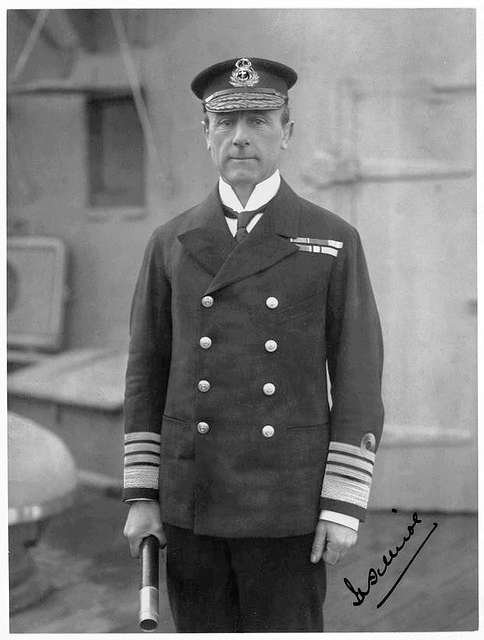
Chief naval officer Jellicoe’s leadership during World War I’s Fight of Jutland was marked by controversy and debate. As the commander of the Grand Fleet, his cautious strategies have been lauded and critiqued for their impact on the war’s result.
Leadership in the Royal Navy during World War I
Jellicoe’s command of the Royal Navy was instrumental in maintaining Britain’s naval superiority. His decision-making at Jutland reflected a deep concern for preserving his fleet, though some argue it missed an opportunity for a decisive victory.
Controversial Decisions and Lasting Impact
The debate surrounding Jellicoe’s cautious approach continues to this day. However, his role in maintaining naval supremacy and protecting Britain from potential invasion cannot be understated.
Books and Sources on Admiral Jellicoe
- Jutland: The Unfinished Battle by Nick Jellicoe
- The Grand Fleet: Warship Design and Development 1906-1922 by David K. Brown
- Admiral Jellicoe: A Life in War and Peace by John Winton
General Lord Kitchener – The Iconic Symbol of British Imperial Power
Lord Kitchener’s image remains iconic, particularly from World War I recruitment posters. His earlier military career, including campaigns in Sudan and South Africa, made him one of Britain’s most famous military figures.
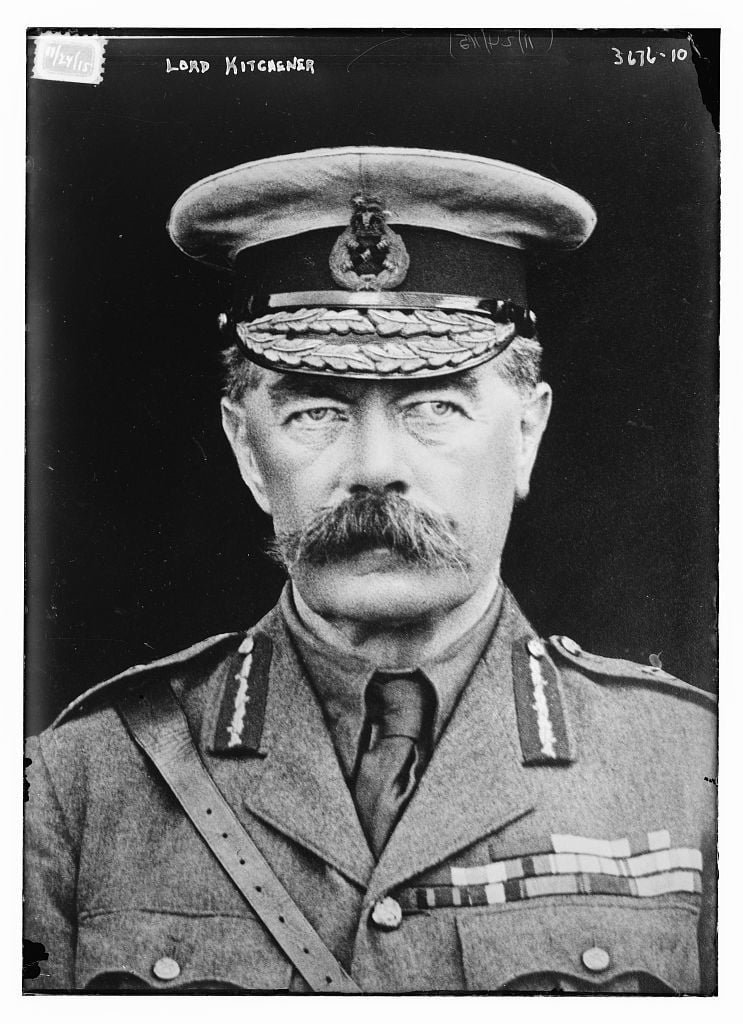
The Sudan Campaign and the Battle of Omdurman
Kitchener’s success in Sudan, particularly at the Battle of Omdurman, showcased his ability to combine modern technology with traditional military discipline. His campaign was a classic example of British imperial strategy.
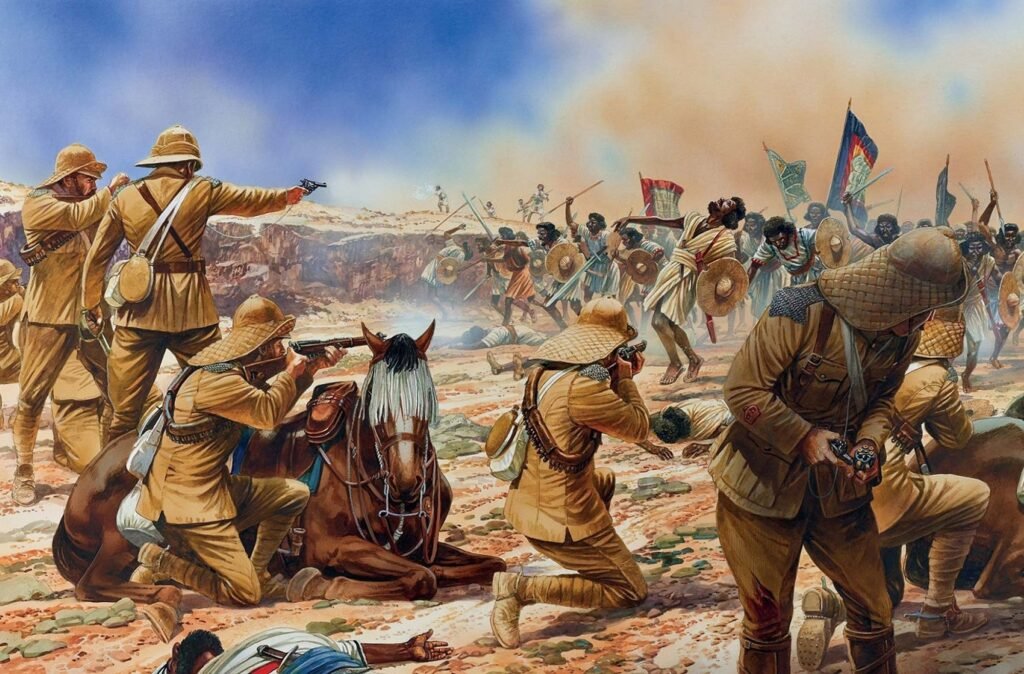
Role in World War I and the Gallipoli Campaign
Kitchener’s leadership during the early stages of World War I was vital in organizing Britain’s forces. However, his involvement in the ill-fated Gallipoli Campaign has been heavily criticized.
Books and Sources on Lord Kitchener
- Kitchener: Hero and Anti-Hero by Lawrence James
- Kitchener: The Man Behind the Legend by Philip Warner
- The Last War Lord: Kitchener of Khartoum by Philip Magnus
Sir Francis Drake – The Privateer Who Defeated the Spanish Armada
Sir Francis Drake was not only a maritime commander but also a privateer and explorer. His leadership during the defeat of the Spanish Naval force in 1588 secured his place in British history as a legend of the Elizabethan age.
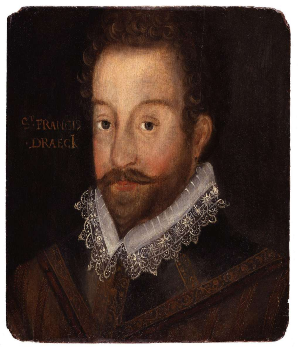
The Role of Privateering in Britain’s Naval Success
Drake’s experience as a privateer allowed him to bring unconventional tactics to naval warfare. His raids on Spanish treasure fleets weakened Spain’s ability to project power.
The Defeat of the Spanish Armada: A Defining Moment
Drake’s role in the defeat of the Spanish Armada was crucial. His daring maneuvers and understanding of weather patterns contributed to one of Britain’s most celebrated naval victories.
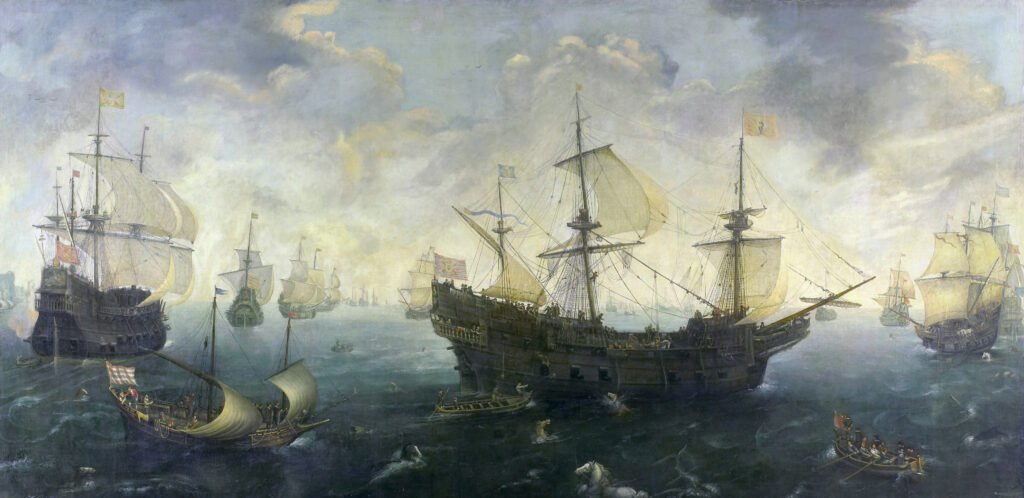
Books and Sources on Sir Francis Drake’s Naval Tactics
- Drake: The Life and Legend of an Elizabethan Hero by Stephen Coote
- The Defeat of the Spanish Armada by Garrett Mattingly
- Sir Francis Drake: The Queen’s Pirate by Harry Kelsey
The Strategic Legacy of Britain’s Military Commanders
The commanders mentioned in this article represent more than just military victories; they embody the principles of leadership, innovation, and resilience. Their strategies have been studied and adapted by military academies worldwide, and their legacies continue to shape Britain’s armed forces.
Lessons in Leadership and Strategy from Britain’s Greatest Commanders
Across the different eras, these military leaders shared common traits: an ability to inspire, a deep understanding of strategy, and a willingness to adapt. Whether facing the challenges of guerrilla warfare or the complexities of global conflicts, their experiences offer timeless lessons for leaders in any field.
Conclusion
The commanders and strategists highlighted in this article have become more than historical figures; they are symbols of Britain’s military heritage. Their legacy continues to inspire modern military leaders, and their stories offer valuable insights into leadership and strategy. In a world still shaped by conflict, understanding their impact remains as relevant today as ever.
FAQs
Who was Britain’s greatest military leader?
The title of Britain’s greatest military leader is often debated, with contenders like the Duke of Wellington, Admiral Nelson, and Winston Churchill each having their merits depending on the era and context.
How did Churchill contribute to military strategy in World War II?
Churchill played a critical role by prioritizing morale, forging key alliances, and guiding Britain through key strategic decisions such as the D-Day invasion.
Why was the Battle of Trafalgar so significant in European history?
The Battle of Trafalgar finished Napoleon’s plans to attack Britain and affirmed Britain’s maritime amazingness, forming European geopolitics for decades.
What made the Duke of Wellington an exceptional commander?
Wellington’s attention to detail, adaptability, and calm demeanor under pressure, especially at the Battle of Waterloo, earned him recognition as one of history’s greatest generals.
Which books are recommended for learning about British military history?
Many proposed books include Wellington: The Iron Duke by Richard Holmes, Churchill: Walking with Destiny by Andrew Roberts, and Nelson’s Trafalgar by Roy Adkins.


